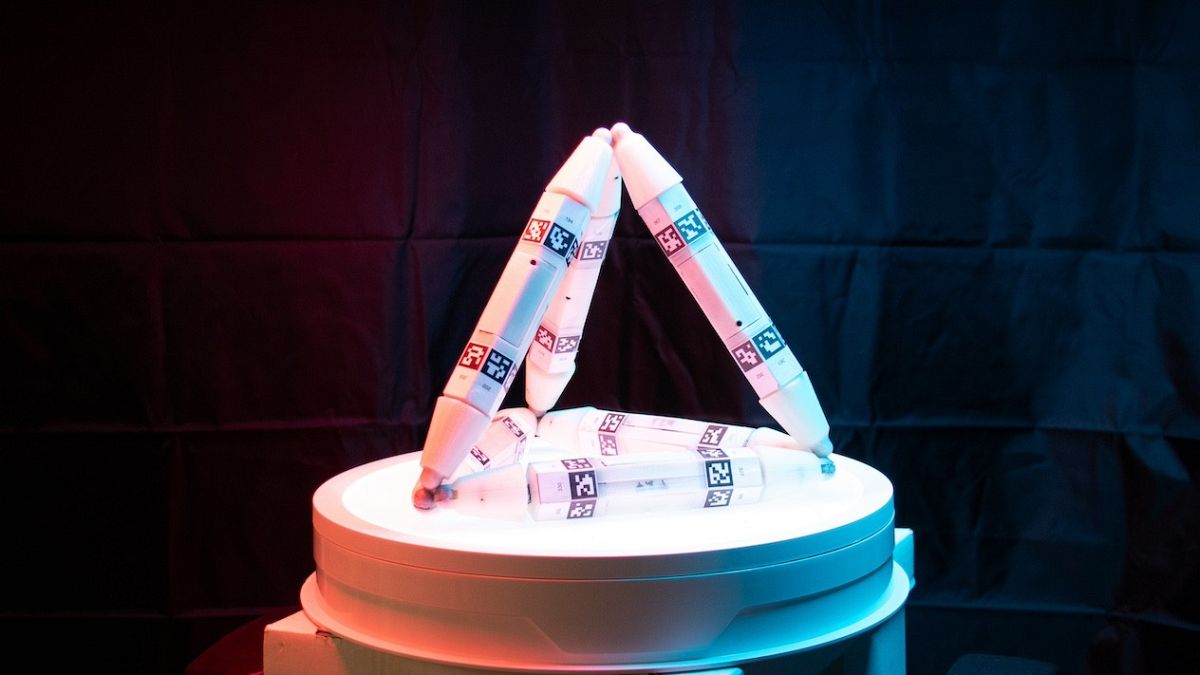

In a world ever-brimming with innovation and negotiation, recent developments in various sectors paint a picture of both progress and challenge. From novel robotic technologies to international trade dynamics and shifts in technology policies, these stories offer a glimpse into the evolving landscape of our global society.
Starting with an intriguing breakthrough in robotics, scientists have unveiled a new type of robot capable of growth and self-repair by assimilating surrounding materials. Termed as a ‘cannibal robot’, the Truss Link marks a significant step forward in adaptive technology. This innovation has potential applications ranging from marine exploration to extraterrestrial missions and rescue operations, opening doors to possibilities previously confined to the realm of science fiction. By utilizing an ability to ‘feed’ on materials, the robot can adjust and mend itself, promoting prolonged functionality and adaptability in dynamic environments. This development underscores a mindful approach to technology—viewing robotics as a tool to enhance human capability and address complex challenges.
Meanwhile, in the realm of international trade, the European Union faces significant hurdles as efforts to renegotiate a hefty 50% tariff on steel imports with the United States reach an impasse. Imposed during Donald Trump’s presidency, this tariff continues to strain EU steel exporters, threatening the industry amid rising energy costs and fierce competition from Chinese suppliers. The persistence of these tariffs remains a focal point for ongoing diplomatic discussions, highlighting the intricate balance of protecting national economic interests while fostering global trade relations. It serves as a reminder of the interconnectedness of markets and the importance of cooperation in navigating economic landscapes.
The intersection of technology and policy also takes a prominent stage as the United States government unveils its AI action plan, aimed at reducing regulatory constraints and fostering innovation. At a high-profile summit in Washington, President Trump emphasized the need to allow technology companies the freedom to innovate without bureaucratic hindrances. Backed by major industry players like Alphabet, Meta, and Microsoft, this plan reflects a shift in regulatory perspective—a bid to empower technological advancement by minimizing governmental controls. The tech community has largely welcomed this approach, viewing it as an enabler of creativity and a catalyst for economic growth. However, it also invites reflection on the balance between encouraging innovation and ensuring ethical oversight to protect public interests.
Through these stories, threads of innovation, collaboration, and negotiation weave together a narrative of a world striving to advance and adapt. The development of cannibal robots heralds a new era in robotics, international trade challenges test diplomatic resilience, and shifts in AI policy highlight the dynamic nature of regulatory landscapes. Together, these events not only shape industries but also influence the broader tapestry of societies committed to progressing mindfully and sustainably.
Source: {link}
